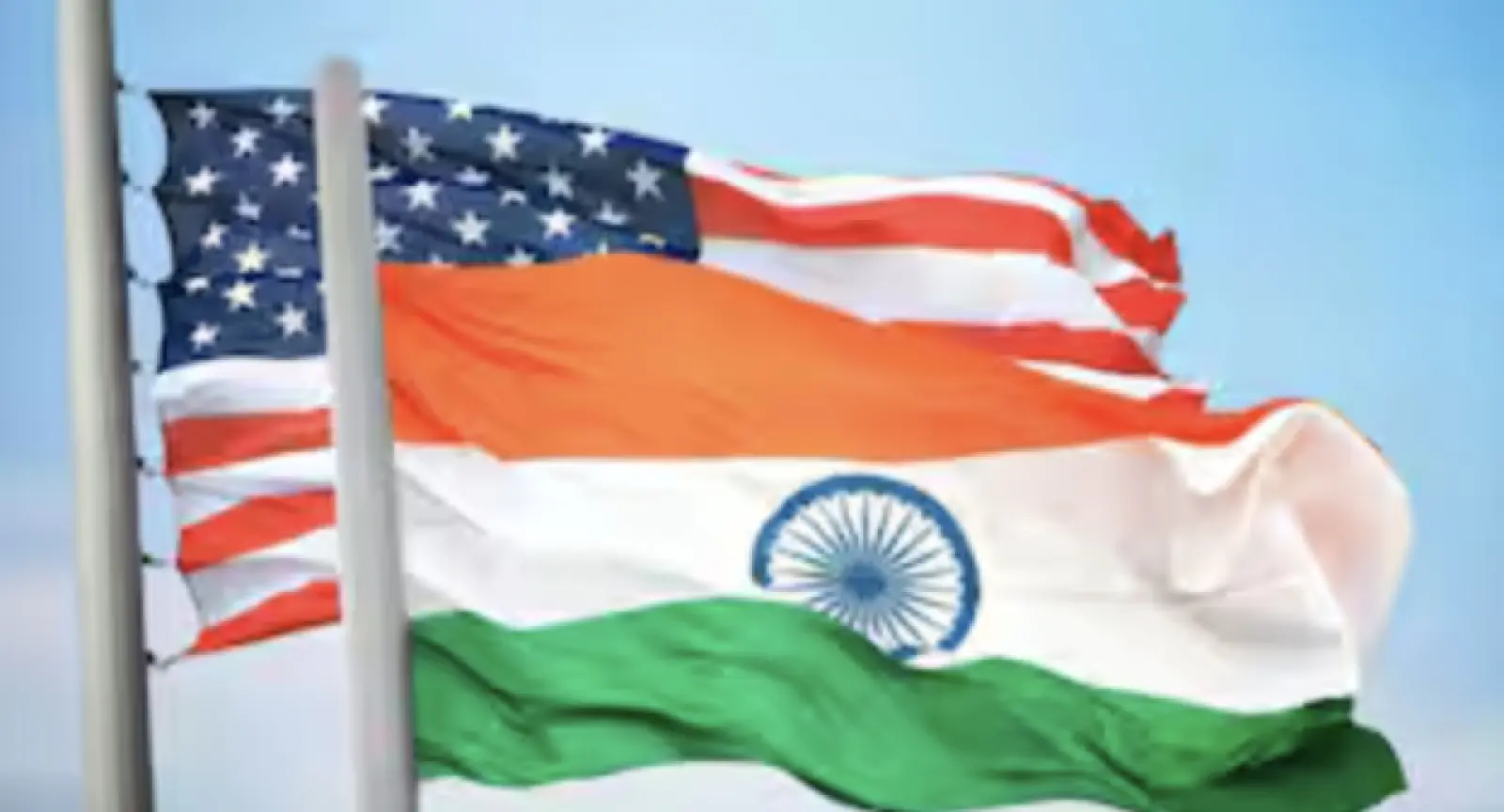'India needs to be cautious on trade agreement with America', GTRI warns
India-US Trade Talk: Any trade agreement made by the US President with India may face amendment or rejection in Congress. Meanwhile, an economic think tank named GTRI has advised Indian officials to be cautious in the talks. Let's know what GTRI has said.

India will have to negotiate a bilateral trade agreement with the US cautiously because, in the absence of a Fast Track Trade Authority in the US, any major change in the agreement could need to be ratified by Congress. Economic think tank Global Trade Research Initiative (GTRI) has said this against the backdrop of reports of the commencement of trade talks between the two countries.
GTRI founder Ajay Srivastava said that due to the US post-FTA certification process, the US gets a chance to renegotiate even after any agreement is signed. The US officials, while negotiating, can put such conditions on India regarding changes in domestic laws, regulatory reforms, and policy changes, which can infringe upon the sovereignty of the country.
He said, "India not only needs to show diplomatic skills in talks with the US. Apart from this, we also have to be cautious of the legal inequalities present in the US trade policies."
The authority called Fast Track Trade Authority in the US expired in 2021. Due to this, any trade agreement made by the US President may face amendment, postponement, or rejection in Congress. On the other hand, in any trade agreement, the US unilaterally decides whether the partner country has fulfilled all its conditions under the agreement or not. The Americans have used the process in the past to impose additional conditions on many countries.
Srivastava said, "Both these reasons create serious uncertainty related to the trade agreement. The US can make changes to the agreement later or make additional demands. In such a situation, India needs to be extremely cautious in FTA talks." Meanwhile, Indian and US officials are beginning formal negotiations on a trade deal from Wednesday, in view of US President Donald Trump's plan to impose reciprocal tariffs from April 2.







































































